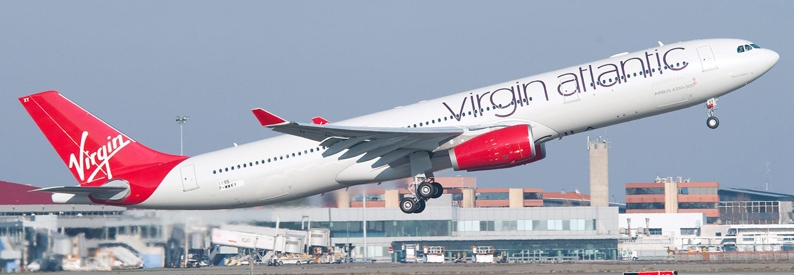Virgin Atlantic Abandons Tel Aviv Relaunch Amid Instability

Virgin Atlantic has abandoned plans to resume daily flights between London Heathrow and Tel Aviv this autumn, opting instead to serve the Israeli market through a codeshare partnership with El Al. The decision ends Virgin’s intention to restart service on October 26, using Boeing 787-9 Dreamliners, after careful review of ongoing regional instability. A Virgin spokesperson confirmed that the airline will no longer operate its own flights to Ben Gurion International Airport, but will remain the only UK carrier to offer connections via El Al’s four daily Heathrow services.
Under the enhanced codeshare arrangement, Virgin passengers can book on El Al flights to Tel Aviv and onward to U.S. gateway cities including New York, Miami, Las Vegas and Atlanta. Members of Virgin’s Flying Club and El Al’s Matmid loyalty program will enjoy reciprocal benefits on this joint network. Virgin Atlantic first launched its Tel Aviv route in September 2019 with Airbus A330-300 aircraft, paused service at the onset of the COVID-19 pandemic in March 2020, and restored daily operations six months later. By summer 2023, Virgin had increased frequencies to two daily flights before suspending operations in October amid the Israel-Hamas conflict.
Virgin’s withdrawal leaves just four airlines offering nonstop UK-Israel service. El Al continues to dominate with multiple daily frequencies, British Airways operates two daily round trips from Heathrow, and Israir and Wizz Air each maintain services between London Luton and Tel Aviv with eight weekly and daily flights respectively. OAG Schedules Analyser data shows that current two-way seat capacity on London–Tel Aviv stands at approximately 22,900 weekly seats, down from 34,100 two years ago.
Meanwhile, Turkish Airlines and Pegasus have relinquished their Tel Aviv slot holdings after suspending flights in October 2023. Before the conflict, Turkish Airlines flew up to ten daily services from Istanbul Airport, three from Istanbul Sabiha Gokcen and two from Antalya. Pegasus maintained a sizeable presence with 72 weekly round trips from six Turkish cities including Antalya, Bodrum, Izmir, Trabzon and Istanbul’s two airports. Carriers such as Corendon, Southwind and SunExpress also served the Türkiye–Tel Aviv market, collectively offering around 84,000 two-way weekly seats prior to the war.
Since President Recep Tayyip Erdogan’s decision to sever diplomatic ties over the Gaza operations, no Turkish carrier currently offers scheduled service to Israel. OAG data indicates that total weekly departure seats from Tel Aviv now number just under 255,000—a 16.3 percent drop compared to the same period in 2023. Domestic and regional carriers have filled much of the gap: El Al, Israir and Arkia now account for nearly half of all seats departing Ben Gurion, up from 28.4 percent two years ago.
The reshaped landscape reflects both security concerns and shifting diplomatic relations. For UK travelers, the loss of Virgin’s own flights reduces choice and may lead to higher fares on remaining carriers. Industry observers note that codeshare partnerships can maintain market presence, but often lack the frequency and marketing power of an operator’s own branded service. Meanwhile, potential travelers to Israel must continue to monitor the security situation and airline advisories before booking.
As summer transitions into autumn, Virgin Atlantic’s decision underscores the challenges of operating in conflict-affected regions. By leaning on El Al’s network, the airline mitigates risk while preserving Heathrow–Tel Aviv connectivity for its customers. Other carriers, including charter and seasonal operators, may consider returning once conditions stabilize, but for now London’s direct link to Israel remains in the hands of a shrinking group of specialized airlines.
Related News : https://airguide.info/?s=Virgin+Atlantic
